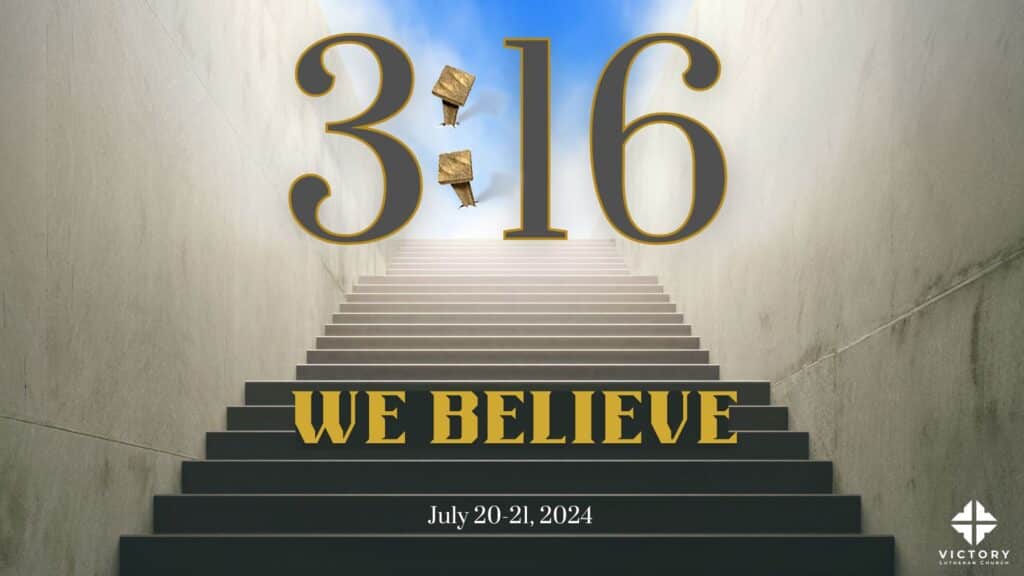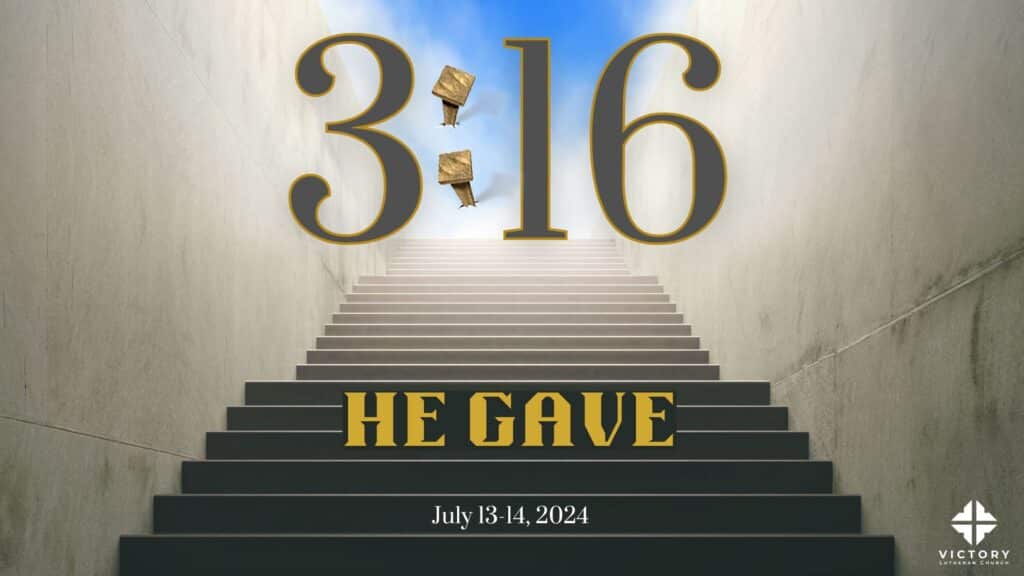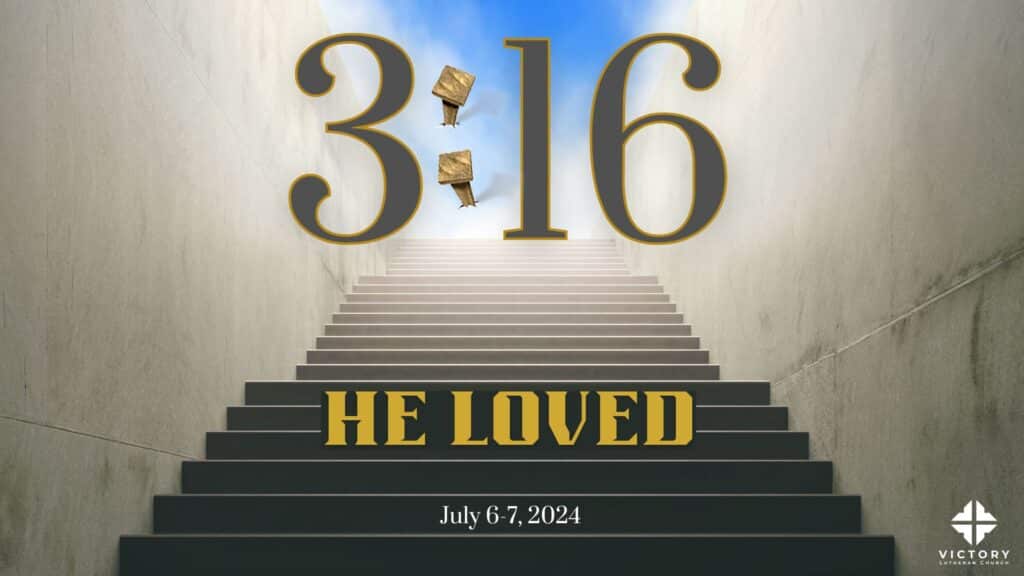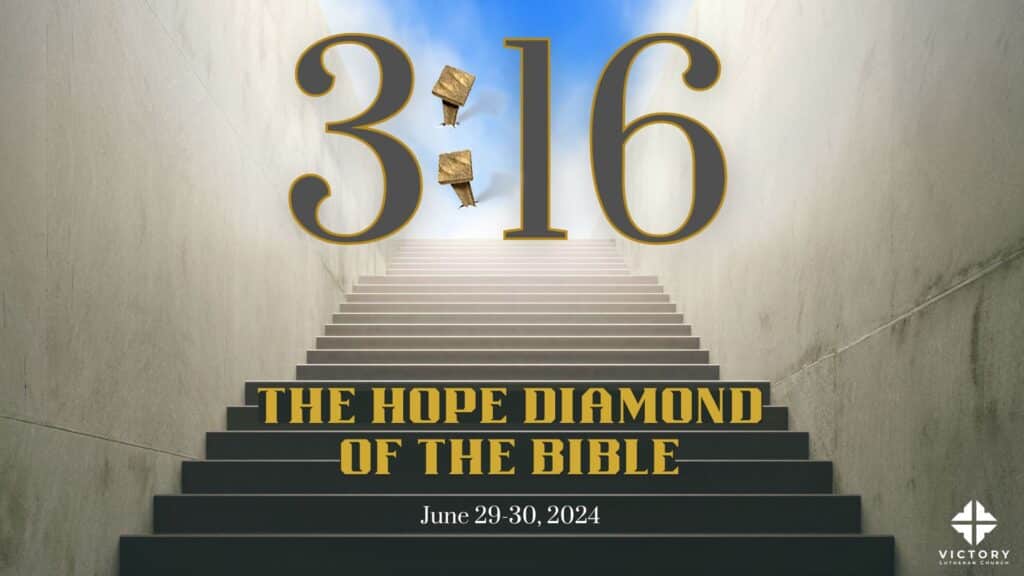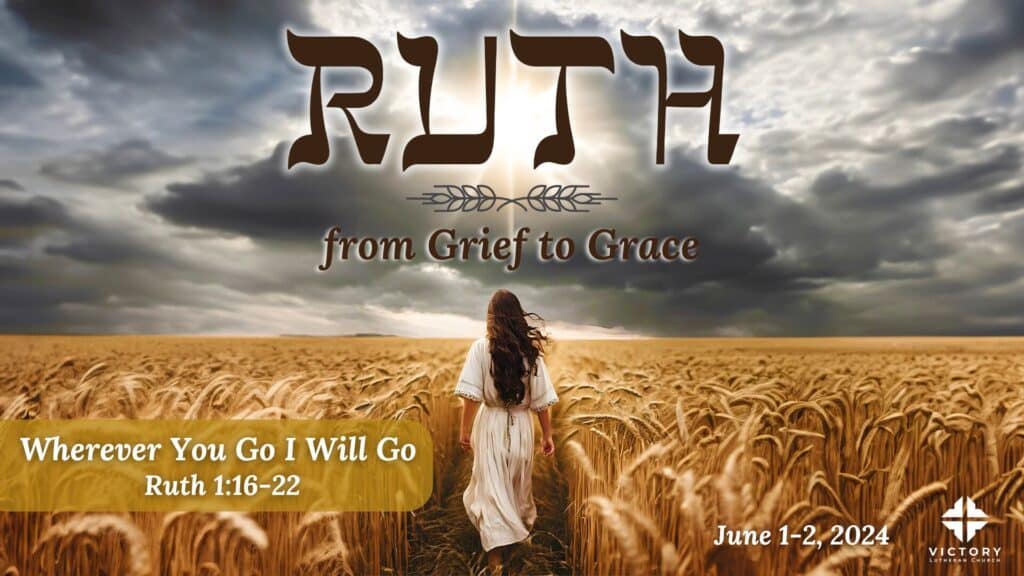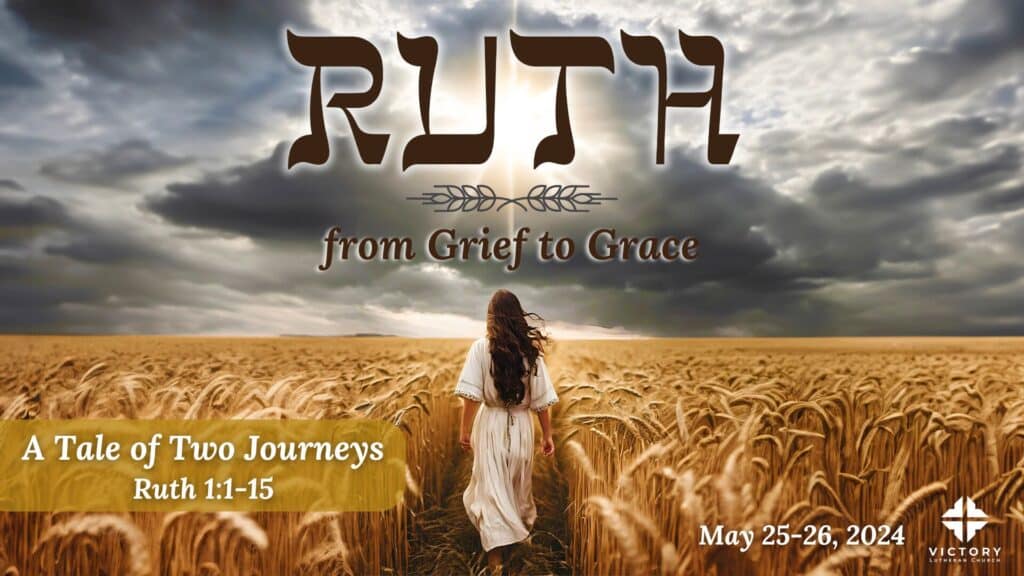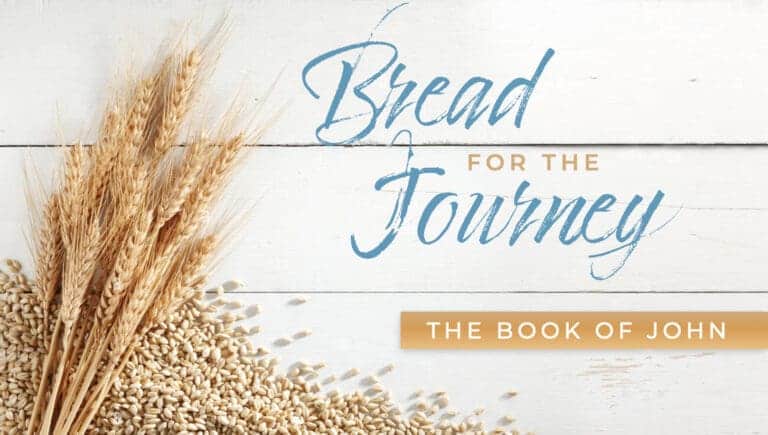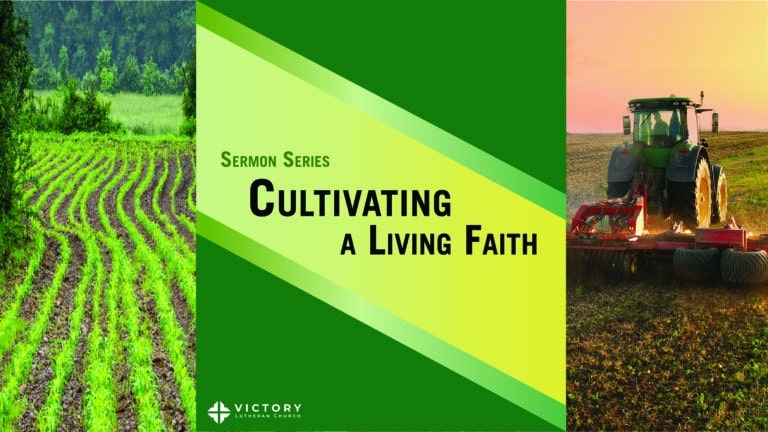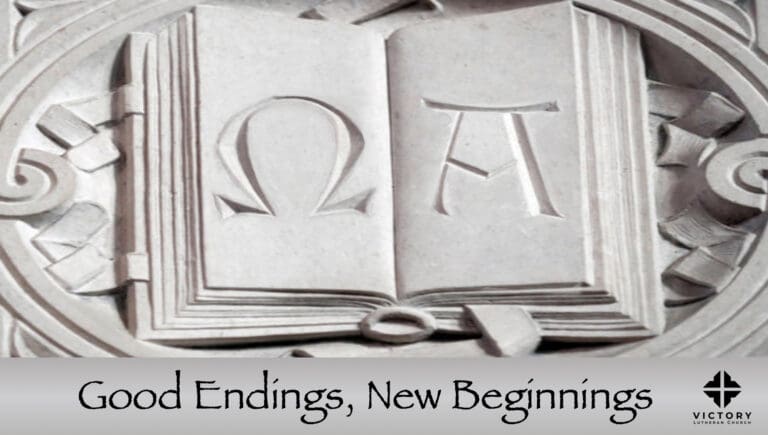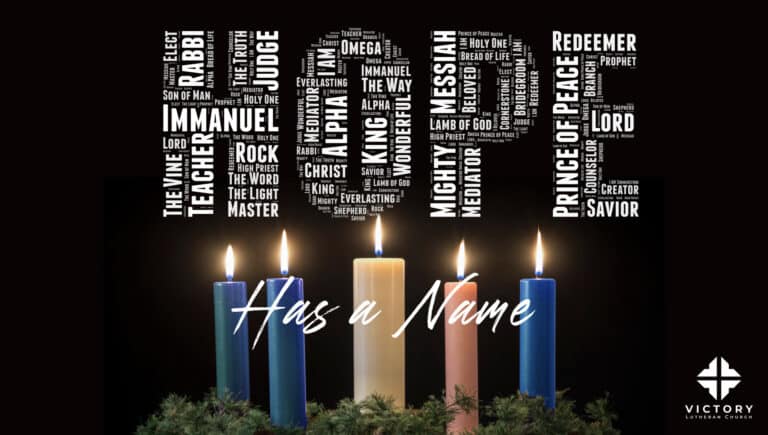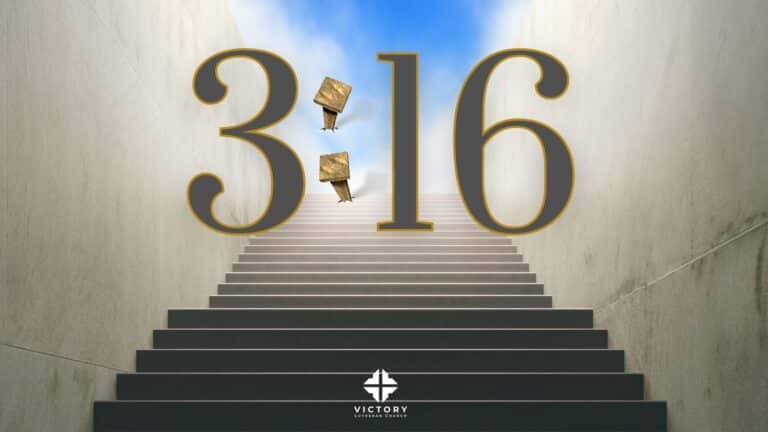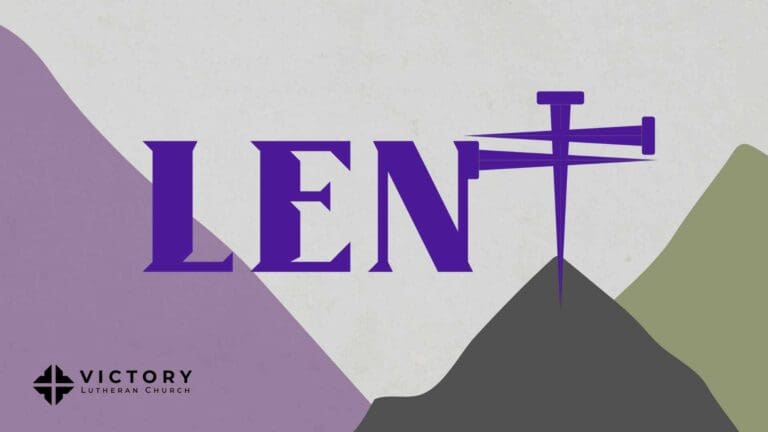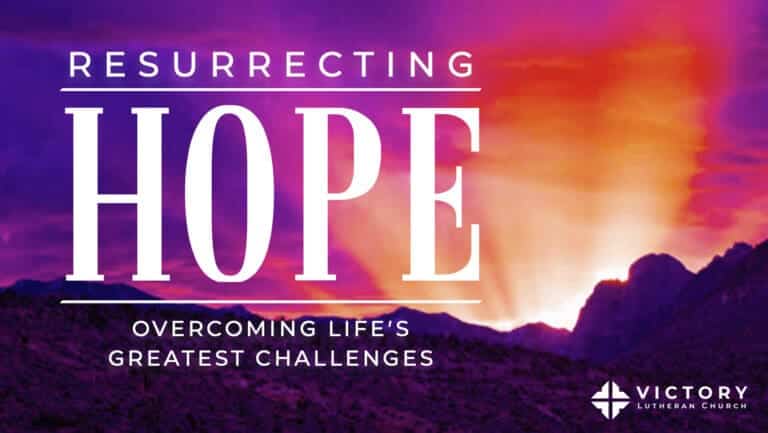I dunno. It kind of feels like the unmasked, the unmasking, the masked singer. Did you know that? We did that actually in all the recordings before when we played this. Thank you, Kristen and Ali. So for us stepping into a kind of a different realm, mission Impossible, and it was just kind of a fitting musical motif behind the whole message of Jonah. I think a mission given by God to Jonah, should he choose to accept it, which at first he didn’t do. God had other plans and it was a mission to bring a message of repentance to the most violent, powerful city in the known world at that time. Truly a mission impossible, that God throughout it all shows his grace and abundant mercy for all we are in this final installment. In our message series, in our summer book, preaching through the Book of Jonah, looking throughout the whole series about how God has enough grace for all people. And in this final chapter, we’re gonna look at how God’s grace moves us beyond judgment, which is really quite the antidote to our culture that I, I think it’s, it’s poisoned by this prevailing spirit of being so quick to judge others.
Do you know what I mean? I mean, if, if you need proof of obnoxious climate in our culture of judging others look no further than your social media feeds. You know what I mean? And psychologists have warned us for a long time about the harm that social media poses, that it can wreak havoc. On people’s self-image and psyche. Just a few quotes about the acidic nature of social media can have. Social media can have a never ending cycle of struggle if you allow what others think and say about you to affect the way you feel about yourself, to which I would add, and even how you then feel about others. Another psychologist says that adolescents who spend more than three hours per day on social media, Face double the risk of experiencing poor mental health outcomes, including symptoms of depression and anxiety. And it’s not just for adolescents, I think it’s for people of all ages. I mean, let me just make sure I say this to you. As your pastor, I wanna encourage you to what if you spent as much time in God’s word each day as you do reading your social media feeds? I. I’ll bet you, for some of you, it could make a tremendous difference in your walk of faith following after Jesus.
In Jonah chapter four, we witness a prevailing spirit of judgment from this bitter, disobedient, reluctant prophet Jonah. And perhaps when you think of Jonah, we kind of like to think of, it’s a story about a kind of a cute fish story, but the reality. The message of Jonah, it’s about God’s boundless compassion, grace, and mercy set up against Jonah’s persistent and prevailing attitude of judgment, which is really I, I’d say it’s spittle in the face of a loving, compassionate God. Now if we were, we took a week off last week for a mission focus, if you remember from a couple weekends ago, chapter three ends with the people of Nineveh. Hearing this message repent. Or in 40 days, you’re gonna be destroyed. How’s that for a seeker sensitive message? Well, from the king on down, the whole city repents. Talk about a remarkable response to a prophetic message from God, and you’d think it’d make Jonah just thrilled, wouldn’t you? But quite the opposite happens. He becomes very angry with God. So if you have your Bibles or devices, where in Jonah, chapter four. But to Jonah, this seemed very wrong and he became angry. He prayed to the Lord. Isn’t this what I said, Lord, when I was still at home, that is what I tried to forestall. By fleeing to Tarshish, I knew that you are gracious and compassionate. God, slow to anger and abounding in love. A God who relents from sending calamity. Now, Lord, take away my life for it is better for me to die than to live. But the Lord replied, is it right for you to be angry? Jonah had gone out and sat down at a place east of the city there. He made himself a shelter, sat in its shade, and waited to see what would happen to the city. Then the Lord provided a leafy plant and made it grow up over Jonah to give shade for his head to ease his discomfort, and Jonah was very happy about the plant. But at dawn, the next day, God provided a worm which chewed the plant so that it withered when the sun rose. God provided a scorching east wind and the sun blazed on Jonah’s head so that he grew faint. He wanted to die and said It would be better for me to die than to live. But God said to Jonah, is it right for you to be angry about the plant? It is. He said. And I’m so angry, I wish I were dead, but the Lord said, you have been concerned about this plant, though you did not tend it or make it grow. It’s sprang up overnight. And it died overnight. And should I not have concern for the great city of Nineveh in which there are more than 120,000 people who cannot tell their right hand from their left and also many animals.
The word of the Lord. Thank God. Join me in prayer. Father God, we look into your word today and we hear that you are God of compassion and mercy. Speak those words to hearts that need to know that this day and by your Holy Spirit. Hmm. Help us learn from Jonah how we may walk. In ways that are gracious toward others because of how much love and mercy you’ve given us in Christ Jesus to the glory of His name, in which I pray. Amen. Dear Friends, grace to you and peace from God, our Father and our Lord and Savior, Jesus Christ. Amen. In this Old Testament book of Jonah. Especially here as we are in chapter four, but throughout, we’ve witnessed the transformative power of God’s mercy and compassion. Jonah, a prophet of Israel, sent to a non-Jewish city, uh, the capital of the most violent nation at that time, with a call to repent to a city. That was renowned for its wickedness, certainly a people not deserving of God’s grace or forgiveness. However, as we looked in chapter three, when the city of Nineveh responds to Jonah’s message with genuine repentance, God relents, he chooses to spare the city from dis destruction. That’s the kind of God of the Old Testament of the new of today.
Which brings me to my first point that’s this, that God’s grace moves you beyond judgment, beyond judgment. Now, as we just read, you know that Jonah’s initial reaction to God’s response of compassion is it’s at best unexpected, but it’s, I think it’s most more worse. Instead of rejoicing in the redemption of a city, Jonah becomes angry and even bitter, angry against God. And so he retreats to a hill overlooking Nineveh. I think still hoping that God’s gonna destroy the city, but God and his boundless compassion not only forgives, none of us, that then for his little rebellious, bitter prophet. Jonah provides this plant that grew overnight for shade. But then I like how the text says, but then in the morning God provided a worm to eat it so that it withered and that God provided, uh, an east wind, a scorching east wind. I think we can relate to that here in the valley, can’t we? And so this plant withers and. And Jonah becomes angry about it. And I think in all this, there’s a profound message about compassion and judgment. God questions Jonah and says, is it right for you to be angry about the plant? And it’s really set up as a mirror to the much bigger compassion question where God says, do are, do you have every right to be angry that I would forgive the city? This echoes the broader theme of mercy and grace in in chapter four, we learn God’s heart’s so expansive in compassion and reaches beyond mere human judgment that God values all of his creation and desires to extend his mercy to those who turn to him in humility. And repentance elsewhere in scripture. God says, for example, through the prophet Ezekiel, do I take pleasure in the death of the wicked declares the sovereign Lord? Rather, am I not pleased? When they turn from their ways and live this story of Jonah, it reveals a deeper truth about who God is. God’s character. God does not delight in judgment, but rather in the redemption. Of his creation and just as Jonah struggled and I think failed to grasp the breadth of God’s compassion, we too might find it difficult to reconcile understanding of justice with God’s desire to show mercy. But the starting place for us is as the prophet of e Isaiah says, I God’s ways are higher than our ways, his thoughts and our hearts than our thoughts. So it starts with us in our own hearts, humbling ourselves to hear from God about what’s true, about who he is and what he does. And in Jonah chapter four, we witnessed Jonah’s frustration with God’s compassion toward the people of Nineveh. He expects and wants. Judgment and wrath, but they repent and God’s mercy prevails. And this narrative echoes the profound message of Psalm 1 0 3, of which we are just reminded when, when Sandy Red Force, the Lord is merciful and gracious, slow to anger and abounding and steadfast love. I think sometimes in the depths of our souls, we need to hear that over and over again because I think we can maybe even sometimes, often wrestle with a sense of unworthiness or with a fear of judgment. And yet the story of Jonah and the comforting words of Psalm 1 0 3 remind us of a truth that can bring peace to our hearts, and it is this truth that in Jesus Christ, we are moved beyond judgment. Praise the Lord. That’s my first point. The second is this, this being true, then live in gratitude and rejoicing rather than in judging. I, I find it striking that Jonah’s anger in, you know, in it correlates inversely to God’s grace to the Ninevites. God is rich in mercy to the Ninevites. Jonah is not, in fact, he’s rather high in judgment and God is not. Jonah said that this was the reason he first ran away to Tarsus, to forestall this ’cause. He knew God was gracious and compassionate, slow to anger and abounding and love, and yet God was that way toward Jonah. Time and again. Yeah, bit of a difficult journey, including a fish and a storm and, but God was gracious and compassionate to Jonah. Let alone to this great city of Nineveh and yet Jonah’s heart remain unchanged by God’s grace and mercy. And I think this is a, a challenge and a call of God for us today that we can find ourselves in real spiritual danger when we either feel condemned or God’s grace to others, makes us angry. Let me start with these feelings of condemnation and set up a difference between conviction and condemnation.
If in your heart you experience strong feelings of conviction when you sin, that’s evidence of the work of the Holy Spirit within you. God’s law is already written in your heart and in the heart of everyone. So that when you act or think contrary to God’s law, God has already placed a moral compass within you to let you know, dinging, ding, dinging, you’ve done something wrong. And this is good ’cause. You see, God doesn’t allow you or me to meander throughout life and ambiguity about right or wrong. God has placed his law already within the heart of every human being. It doesn’t mean we all follow it. In fact, none of us do. But it is there to be this prick of our conscience leading us to conviction. And what’s the solution? Well, it’s what we practice here. Every time we gather for worship, it’s confession. One John one, nine, pastor David, let us in it today. It’s, we hear all the time here and I think we need to hear this. If we confess our sins, God is faithful and just, and will forgive our sins and purify us from all unrighteousness. You see, confession is just agreeing with what God has said about you and me that we’ve got a problem with sin and we kind of go, you know what? God, you’re right. I mean, I know I don’t meet my own expectations, let alone God’s each day. So we don’t lie or excuse or beat about the bush. We just admit it and agree with God, but we also then get to hear God’s solution. Because yes, sin is an affront to a holy God and God isn’t like some white-haired grandfather saying, oh, it’s okay. I know he really didn’t mean it. Or I’m gonna just excuse it. Or, or, ah, shucks. You know, it’s not that big a deal. No, any sin deserves death. It stands as sewage in the holy pre presence of God Almighty. It’s serious and God knows this. So he went even further and his solution was to give that which was most precious to him, his one and only son whom he loved. Jesus Christ is your Savior and mine. And yeah, I know. Hey Todd, I, you tell us this all the time.
Good. I wanna say it over and over again. It’s the old, old story I need to hear and you need to hear and know. That in Christ, your move beyond judgment and when you’re convicted of sin, God has the solution so that your sin is washed away as if you never sinned. How awesome is that? You don’t need to live in fear of judgment or if self condemnation, that’s where I want to go now. So conviction is good. It can lead to repentance and salvation, and. I like to encourage us to live in daily repentance ’cause well, if you’re like me, I mess up daily. I’m guessing you might as well. God knows and his solution is there for you every day, all your life for eternity. That’s conviction. But condemnation has no business to be in your heart, mind, or life as a believer in Jesus Christ. And yet, I think sometimes in our own hearts we can feel that perhaps God’s forgiveness doesn’t cover, you know, at least there’s this sin that was so bad. Nah, I don’t think God’s grace can cover it. And you retain these, the sense of condemnation before holy God friends, that is not the work of the Spirit or God almighty, that’s the work of the accuser. He’s got a name, Satan, which means the accuser. Satan would like nothing more than for you to feel that you are beyond the reach of God’s compassion, mercy and grace. So please hear now very clearly, this life-changing promise that the scriptures assert. Therefore, there is now no condemnation for those who are in Christ Jesus. Therefore, there is now no condemnation for you who are in Christ Jesus. Through Christ’s sacrifice, we find the ultimate expression of God’s mercy. Jesus, the perfect embodiment of God’s love willingly took upon himself the judgment we deserved. He bore the weight of our sins so that we might stand before God forgiven. Free from condemnation. When we trust in Christ’s sacrifice on our behalf, we enter into this realm beyond judgment of dominion, of grace, redemption, and reconciliation. And here’s the thing about God’s dominion of grace. It’s not just made available to you, but it’s made available to all. The invitation is for all. Look to Jesus Christ. So now we swing this, the spotlight from judging yourself to judging others and friends. The Bible is crystal clear on this. Judgment is God’s prerogative, his realm. The Bible says in both Deuteronomy and Romans that vengeance is the Lord’s. The Bible also warns us about being quick to judge others.
In the suggested Bible readings for this week with the Life Notes, you can pick some up for your life groups or your own personal Bible study. You’re gonna be led through a number of these verses, but lemme just highlight one. Jesus says in Matthew seven, do not judge, or you too will be judged for the same way. You judge others, you will be judged and with the measure you use, it will be measured to you. There is so much to explore and discover about judging others throughout the Bible. It’s, it’s beyond what this sermon can bear. But let the judgmental of Jonah, attitude of Jonah serve as a trouble signal in your life. A trouble signal. A signal that something’s kind of maybe amiss. Have you seen those lights on your car? Dashboard that light up every now and then? Indicating they’re indicator lights that something might be wrong with your vehicle. I love the nickname that at least I grew up calling them idiot lights. You know what I mean? It’s like you’re an idiot if you ignore that light for what it might mean. So I have a couple of idiot lights that I wanna propose for you and me that can prompt us about our walk of faith in Christ Jesus and the forgiveness that you experience in Christ. Here’s the first idiot light is. The light of a judgmental attitude. This is people who have a prevailing spirit of being quick to judge others, and it shows that they have not apprehended the scope or the depth of God’s grace given to them in Christ Jesus. And it might be easier for us to see this at others than ourselves. But it’s for both. I mean, if you see someone like this way, pray for them, they need to be apprehended by God’s grace. If you sense this spirit of judging in yourself, being quick to judge, beware, humble your heart and turn toward Christ, it repentance, second idiot light. It’s kind of a nuance. On the first is a critical attitude. A judgmental heart is also exposed in a person who has a prevailing critical attitude. Do you know the kind of person I’m talking about whenever you talk to them? It’s almost always criticizing someone or something else. Beware, pray for that person. If you’ve got the relationship, exhort them in Christ to humble their hearts and not be so quick to criticize others. But rather to reflect on God’s grace given them in Jesus Christ. And if you, I mean, there are times I wish this idiot light would actually kind of go off in my glasses or something. That’s just to warn me, you know, I should know when the dander in the back of my neck is up. Todd. Beware. Beware if you sense this critical nature in your own self.
Reflect deeply on God’s love for you in Christ Jesus. And ask the Holy Spirit to transform your heart to be like Christ’s. Remember God’s heart toward you. Psalm 1 45 echoes the words that we read together from Psalm 1 0 3. The Lord is gracious and compassionate, slow to anger and rich in love. The Lord is good to all. He has compassion on all that he has made. What a promise, what a truth. However, embracing this truth then calls for us to extend the same compassion toward others. As Ephesians four, two invites us be kind and compassionate to one another, forgiving each other just as in Christ, God forgave you. You’re called and we get to forgive others. Not like Jonah, but like Jesus. Because of how much God has forgiven you, because of Christ. You didn’t deserve it, but God still forgives you because of Jesus. The people who’ve hurt you don’t deserve forgiveness, but you can extend it to them in the same way. God extends his forgiveness to you because of Jesus Christ in Christ alone. Which brings me to the final point for today, and that’s this, that God’s grace is, is open-ended. Here’s what I mean. Did you notice that Jonah chapter four just, just kind of abruptly ends? It’s like, I don’t know, the Hollywood Rider strike extended to Jonah and they couldn’t write episode five of season one of Jonah. It’s like, what’s, it just ends? What’s that all about? Doesn’t have a nice, neat tie off. We don’t know what happened to Jonah. That’d be curious to find out, wouldn’t it? How about the city of Nineveh or the nation of Assyria? But I think instead, many scholars think that this was intentionally done by the author, so that we would be challenged to look at the story and reflect on our own lives. How will we respond to God’s grace? How will we respond? To a world in need of salvation, it’s open-ended because God is waiting for you and me to write that last chapter with our own lives. If you look at the entire story of Jonah, God’s nearness is very clear. God rescues Jonah time and again gives him opportunity over and over again to complete the call God had on his life.
And just as God shows compassion on Jonah over and again. He does so with Nineveh and then he does so with you and me and we don’t really know how the story ends because I think it leaves us with questions. Did you notice even the last sentence of the book of Jonah is a question? So let me land this message here since we in Christ are moved beyond judgment. We can then also let go of our judgments and criticisms of others, choosing instead to extend grace and love to those around us. Just as God’s mercy transformed this entire city of Nineveh, our hearts can be made new by God’s grace, mercy, and kindness. And then this has shown that it’s real in how we treat others. And in a world so quick to point fingers and pass judgment. We as disciples of Jesus Christ are called to be people of divine love and mercy. So let us remember that in Christ Jesus, we stand beyond judgment and then may our lives be a continual writing out of this final chapter of the book of Jonah, as our hearts are filled to full with God’s unfailing love. That then motivates us to extend that same love and compassion to others. Please join me in prayer. Heavenly Father, we come before you today with hearts indeed full of gratitude for the grace and mercy you’ve given us in Christ Jesus. Wow. Help us to grasp the depth of your love. That extends beyond judgment and allows us and frees us to walk in forgiveness and newness of life and empowers by the Holy Spirit to help us show the same compassion to others, reflecting the transformative power of your life in our lives for the good of others, and to the glory of Jesus, in whose name I pray? Amen. Amen.




